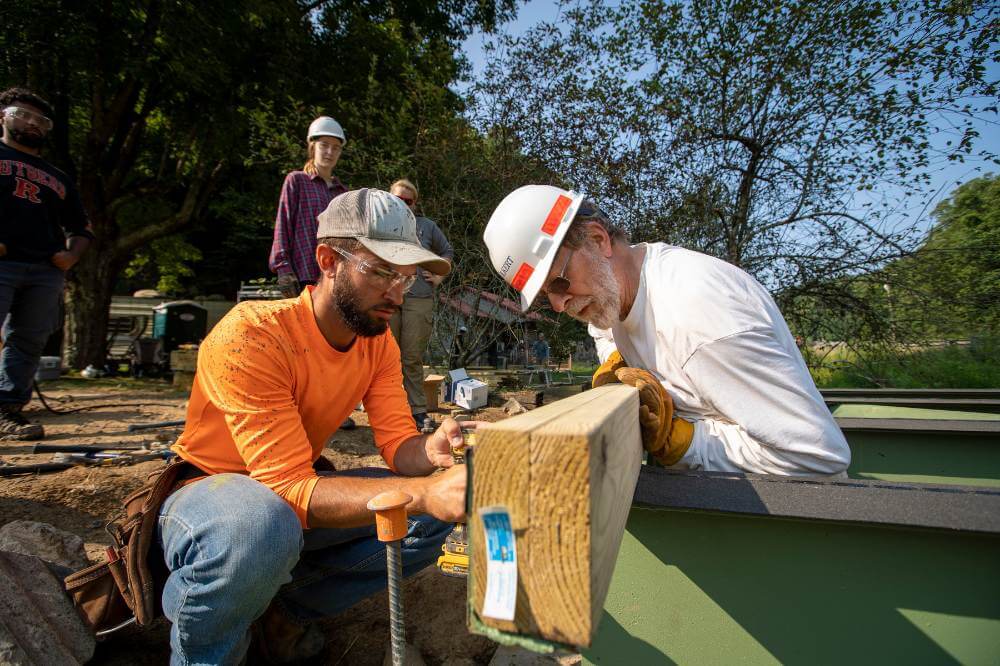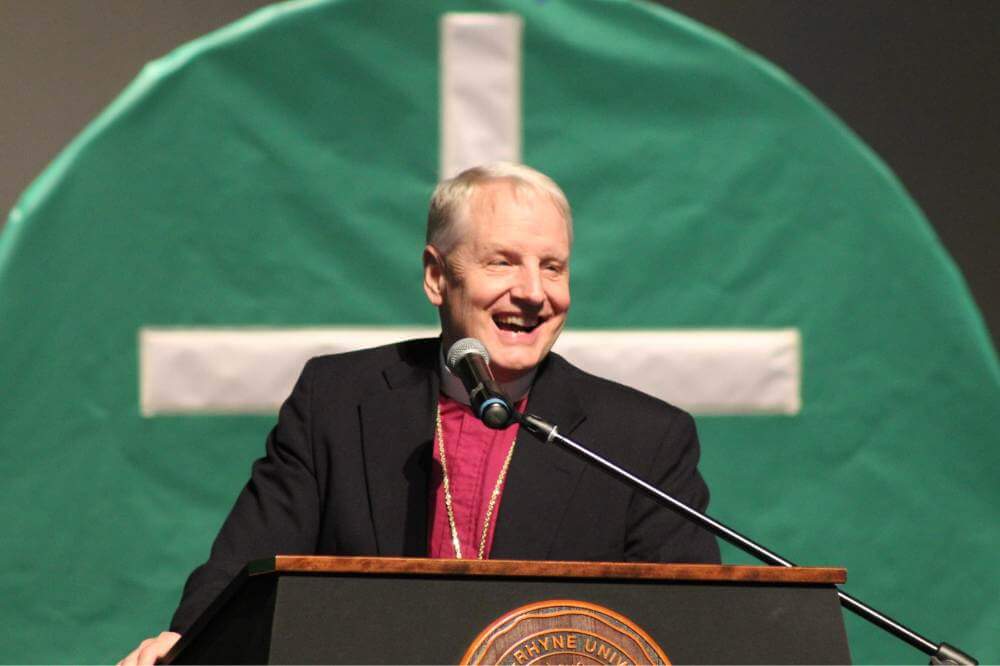“I wish it need not have happened in my time,” said Frodo. “So do I,” said Gandalf, “and so do all who live to see such times. But that is not for them to decide. All we have to decide is what to do with the time that is given us.”―J.R.R. Tolkien, The Fellowship of the Ring
So goes the mountainside conversation in a moment of respite from relentless attack by the forces of evil as the unlikely Frodo must return the ring of power to the only place it can be destroyed—the fires of Mordor in which it was forged. Humanity’s very existence depends on the ring’s destruction. Frodo did not and would not have chosen to be the bearer of such a ring. The ring chose him. The meek, small, lowly. Not a fierce warrior, wealthy lord, powerful king, or fearsome sorcerer, but a mere Hobbit.
We knew how Frodo felt in his wish that things hadn’t happened the way they are in our time. Like a pandemic closing in on one million deaths in the U.S. alone, heartbreaking stories of Afghan refugees, continuing political polarization, racial tension and injustice, economic disparity and uncertainty, restlessness and distrust in the institutions of both our culture and church, and now war in Europe that we all watch in horror yet feel helpless to stop. And all of this is corporate challenge that doesn’t take into account personal struggles.
This article will be published the day before Ash Wednesday—a day of deep honesty in the life of the church and of each of us personally. Two years ago I walked down the aisle to get ashes with a then-3-year-old who kept asking questions, and when it was his turn to receive the ashes, he bolted. Later he explained to me, “If the pastor put ashes on me that meant I’m going to die someday, and I didn’t want to die someday.” I hear you, child. Most of us mortals feel that way, “But that is not for them to decide. All we have to decide is what to do with the time that is given us.”
Ash Wednesday gets in our face, literally, with, “Remember that you are dust, and to dust you shall return.” Sure, our physical body will return to dust, but deaths and destruction happen daily as we live. My mom told me about a month before she died, “My job isn’t to die. Dying will take care of itself. What I have to figure out is between now and then how to live.” Reminded me of that line from the hymn, Abide With Me. “Change and decay in all around I see. O Thou who changest not, abide with me.” The God of death and resurrection abides with us.
The good news of Ash Wednesday is our opportunity to stare death—physical, emotional, relational, spiritual, cultural, ecclesial, etc.—square in the eye with appropriate trepidation, lamentation, and penitence while still hearing the good news that we are death AND resurrection people. Forgiveness of sins and eternal life are frontloaded promises that empower us to live joyfully and with hope through the big and little deaths that surround our living. My prayer is that you’ll hear the Lenten Gospel acclamation of “Return to the Lord your God, for he is gracious and merciful, slow to anger, and abounding in steadfast love” as a gracious invitation rather than a heavy-handed demand of repentance. A do-over. Turn around. Go a different way. Given the time that is given us, sure feels like good news to me!
Walking with you to Jerusalem,

Bishop Tim Smith, NC Synod




